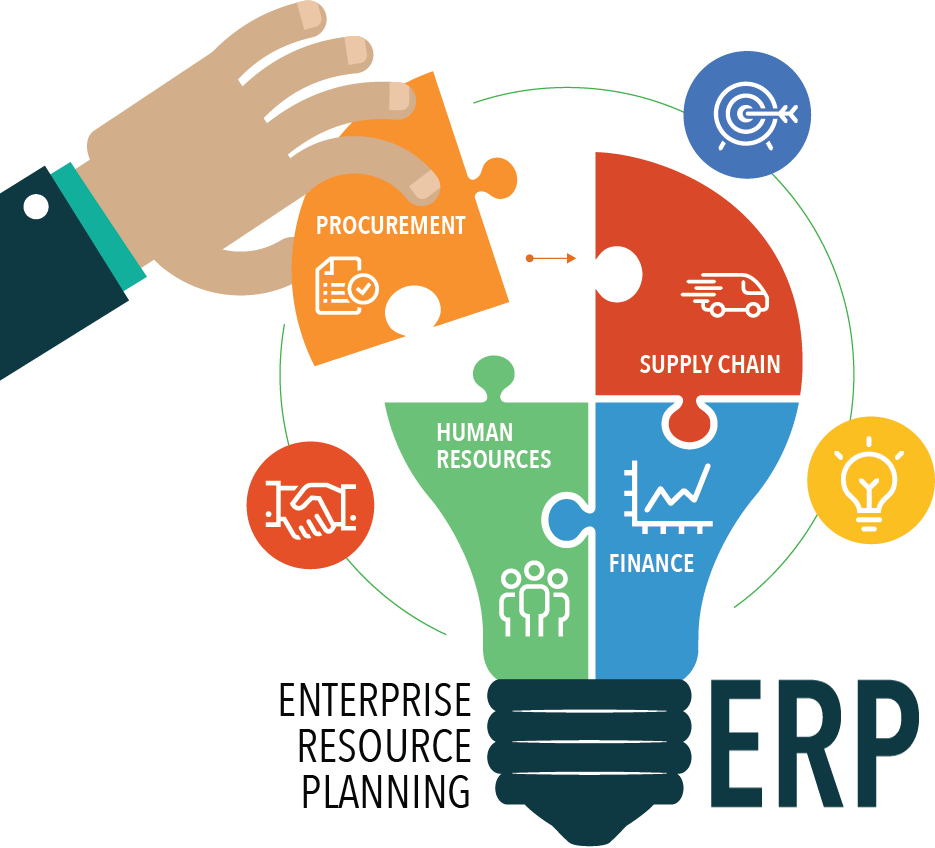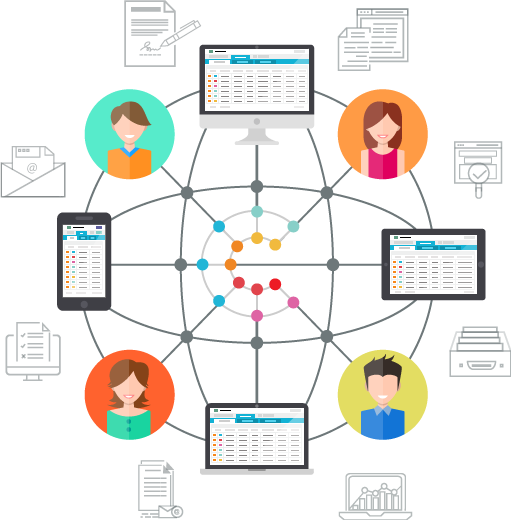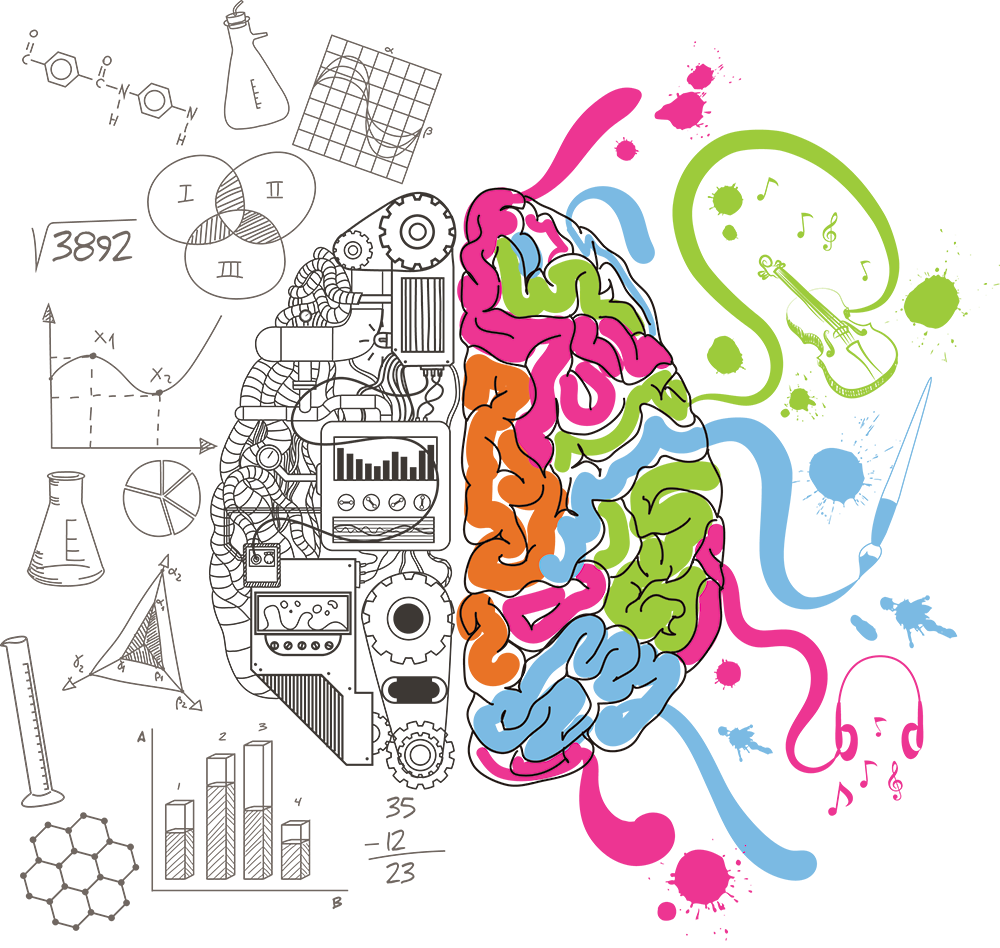ERP [EnterPrise Resource Planning]
Real-time data ERP dashboards at affordable prices.



"Visualizing information with graphical elements."

Measuring critical business success metrics.

"Instantaneous live data refreshes."

"Tailored experiences for individual users."

An Enterprise Resource Planning (ERP) system is a sophisticated and all-encompassing software solution that revolutionizes how businesses operate and manage their resources. ERP systems integrate and streamline a multitude of business processes, offering a centralized and cohesive platform for organizations to handle their operations efficiently.
ERP systems bring significant benefits to businesses. They optimize workflows by automating repetitive tasks, reducing manual errors, and increasing productivity. With a centralized data repository, employees across departments can access consistent and up-to-date information, enhancing collaboration and communication. This interconnected approach fosters a unified work environment, where teams can work cohesively towards common goals.
Moreover, ERP systems provide valuable insights through detailed reports and analytics, helping management to identify trends, anticipate challenges, and strategize effectively. The ability to customize and personalize the ERP software ensures that it aligns precisely with the unique requirements of the business, whether it is a small enterprise or a large multinational corporation.
In today's competitive and fast-paced business landscape, ERP systems play a pivotal role in promoting growth, optimizing resources, enhancing customer satisfaction, and driving sustainable success. As businesses continue to evolve, embracing ERP solutions becomes crucial for achieving operational excellence and gaining a competitive edge in the global market.